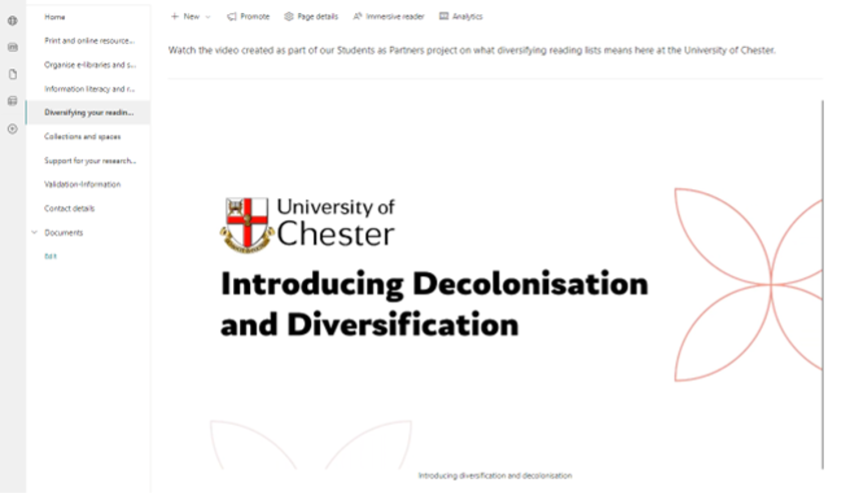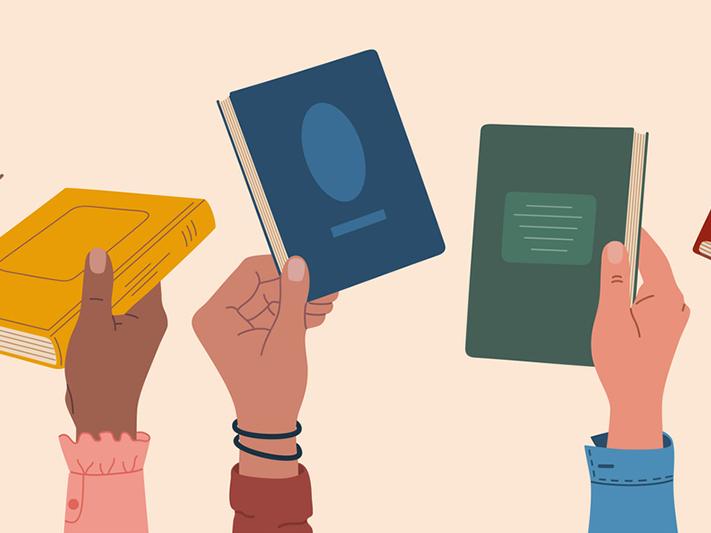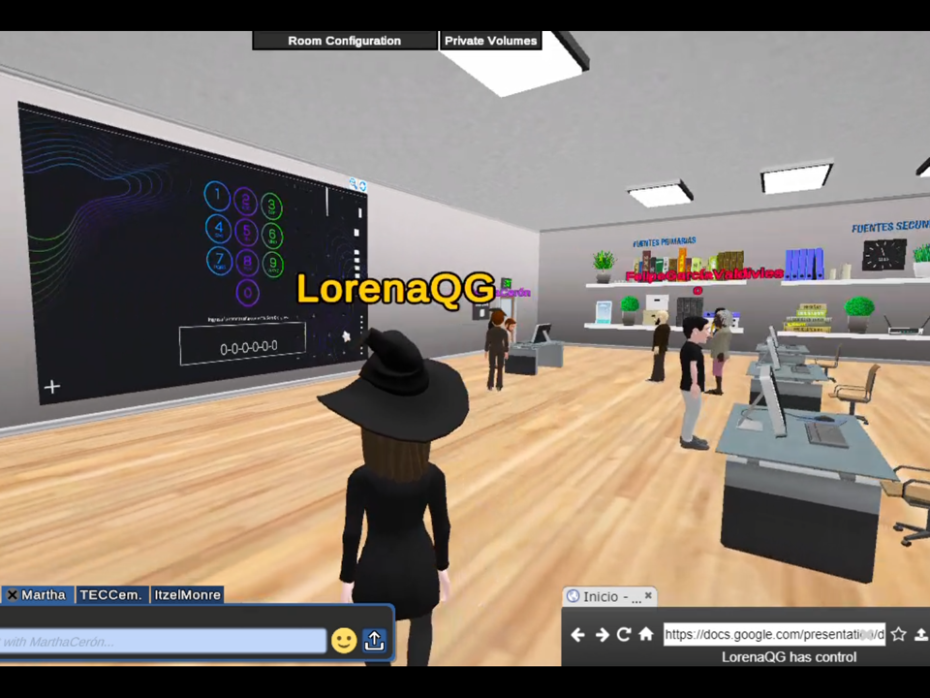
A toolkit for working with students as partners
Bringing the student voice into the creation of a toolkit to decolonise and diversify university reading lists was a key purpose of a library project at the University of Chester
You may also like
Popular resources
Working with students as partners was a new process for the library team and something we found extremely rewarding. Involving four students during a project to create a toolkit to decolonise and diversify reading lists acknowledged the power of their voice in shaping a more inclusive education. It was hoped that the work completed as part of the project could pave the way to influence the development of library collections and lead to a more inclusive curriculum.
The library team was cognisant that student participation in the project was central to achieving the objectives, and therefore engagement with the people who would ultimately be impacted by the project’s aims was crucial. Partnership working between the library and student team facilitated opportunities for students to explore an area of work that was important to them, while also offering solutions to enact change.
- Building a university library service where everyone feels welcome
- Campus podcast: how the university library is an agent of change
- THE Awards 2024 spotlight: learn from the best in UK and Irish higher education
Working collaboratively with students to create the toolkit enabled students to provide resources that fully reflect the diverse backgrounds and interests of their peers and potentially shape the library collection.
Advice for working with students as partners
Based on our experiences, these eight points could be useful to consider when working in partnership with students to diversify reading lists.
- Plan and invest time. Consider using a tool such as a Gantt chart to plan ahead and work out the relevant deadlines for the project. Juggling busy student schedules can make it challenging to coordinate meetings. Having a plan can help to keep the project on track.
- Look to other institutions for examples of best practice. We valued sector knowledge and experience, which helped us determine and define methods for our work.
- Adopt technology and provide training. Use tools such as SharePoint to co-create and share documents. A Microsoft Teams site also helped us to post messages and reminders and remain aligned with key deadlines. While students will likely already be familiar with using this technology for their studies, it is still important to ensure training and support are available, particularly if they have not used the specific tools you are using.
- Align communication and values. Take time to get to know the students in order to develop an authentic partnership. The student voice is equal to, if not more important than, yours. Consider developing a “living partnership agreement”, which can help you to think about the values and benefits of working in partnership. Ensure the students have a central point of contact to make it easier for them to get in touch if they have any queries. Also, consider adopting a hybrid approach to meetings with a mixture of in-person and online to manage group communications and interactions.
- Empower your student partners. Students are active agents of change. They want to push for change on important issues and topics, such as diversifying reading lists. Empower students to do this by giving them ownership.
- Involve students in delivery of content. Consider asking students to create content. We wanted students to be central in our messaging on the importance of diversifying reading lists. So, we asked them to create a video that would appeal to staff and students on what diversifying reading lists meant to them. The idea was to help drive further engagement on this area of work. Including student voices in key outputs such as videos (see Figure 1) instantly makes this content more relatable to audiences.
- Tell people about what you have done. Marketing helps to keep the conversation going and motivates further development for the team and beyond. Working closely with key stakeholders both within the university and externally can help to enable change further. This could be through opportunities at conferences and external events.
- Enable feedback. Students are great advocates for their peers. Allow them the opportunity to share what went well from their perspective and what could be improved for the future.

From our experiences, the toolkit and resources have been well received, in part due to the co-creation by students. Students want to see resources in the library and on reading lists that are more representative of all students at the university, reflecting diverse backgrounds and interests.
Following the completion of the project, work continues in the team to explore opportunities to embed the toolkit further within programme delivery and work towards a more inclusive curriculum that acknowledges broader diversity considerations. Working in partnership with students has helped us to think differently. We know that working more with students in this way in future can only help enhance understanding and engagement.
Charlotte Gleeson is senior librarian, Debbie Spencer is academic liaison librarian, and Jenny Warren is collections and content librarian, all at the University of Chester. They were shortlisted in the Outstanding Library Team of the Year category in the 2024 THE Awards. A full list of nominees can be found here.
If you would like advice and insight from academics and university staff delivered direct to your inbox each week, sign up for the Campus newsletter.





Comments (0)
or in order to add a comment